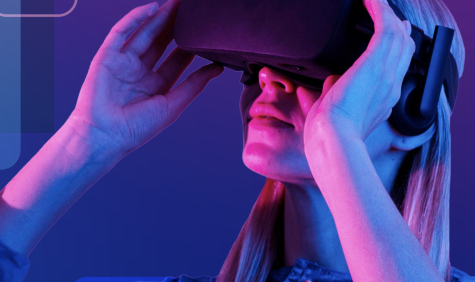'Scaling XR with new wireless technologies' report
The report 'Scaling XR with new wireless technologies' was prepared based on two test cases that SURF conducted together with the Do IoT Fieldlab and the XR Zone at TU Delft:
1) XR remote rendering using 5G
2) XR multiplayer applications on a 5G network
General findings
The first conclusion is that 5G networks are likely to offer sufficient bandwidth and low latency for XR applications in education and research. Nevertheless, the actual use of 5G in XR is expected to be -at least in the short to medium term- limited. Long-term use depends on future developments of XR hardware and software, especially in the field of Augmented Reality (AR).
Furthermore, the current state of XR software and tooling certainly still presents challenges for optimal use outside the home, with XR software and tooling likely to be the biggest bottlenecks in scaling up for education and research. At the same time, the possibilities offered by 5G and (soon) 6G in combination with edge and cloud technologies are endless.
Report Scaling XR with new wireless technologies
This report was co-authored by:
Jeroen Boots (XR Zone, TU Delft, Npuls)
Luuk Goossen (XR Zone, TU Delft)
Tim Kok (SURF)
More information?
More information? Please contact me.
